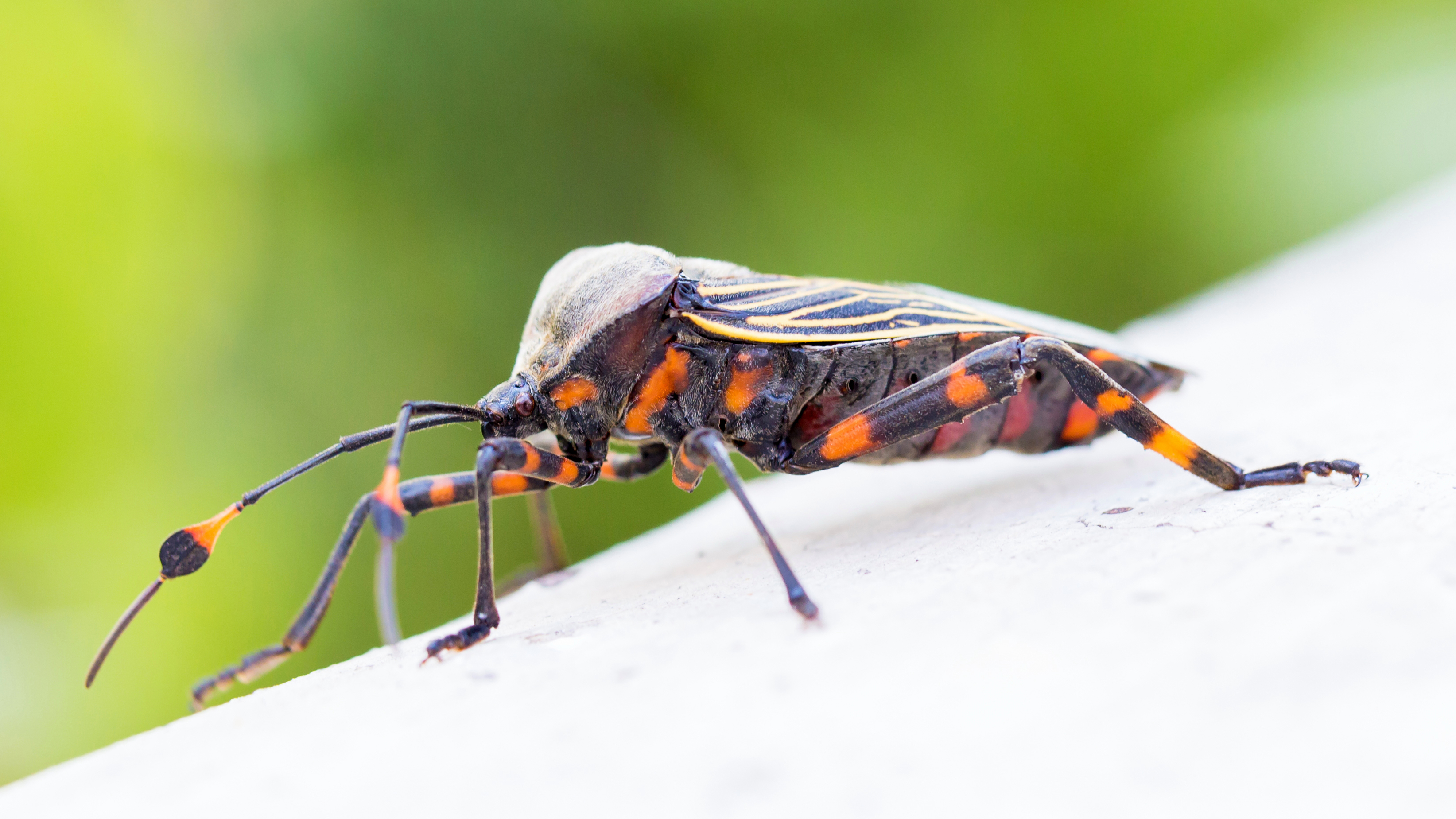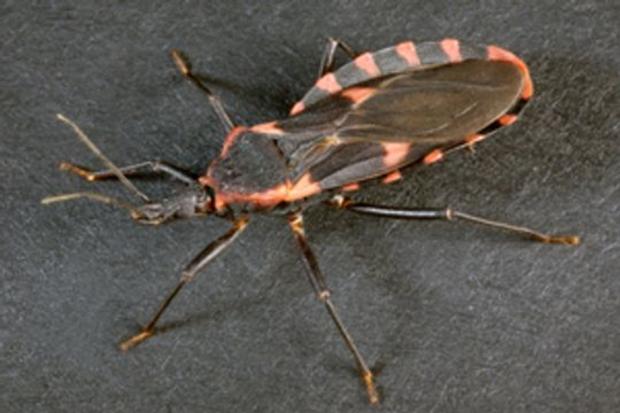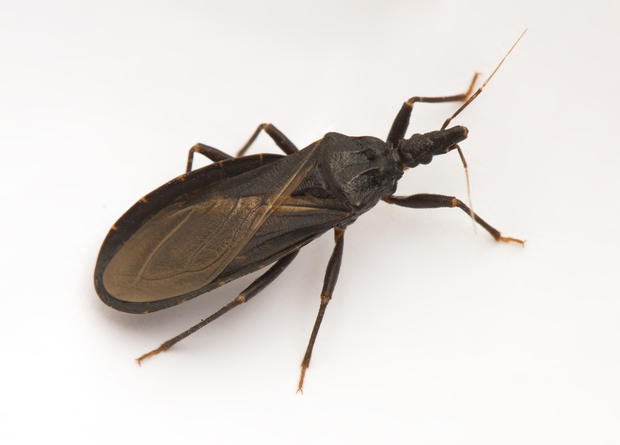There's A Blood-Sucking 'Kissing Bug' In Colorado
FORT COLLINS, Colo. (CBS4/AP) — A blood-sucking bug that can spread disease and is nicknamed for biting people around their mouths has been making its way into the U.S. from South and Central America.

The bugs' bite is often painless, but the insect can pass parasites though their feces that cause Chagas disease.
"It bites you and it sucks your blood," Neil Roy, a doctor at Siani Hospital in Maryland, said. "While it does that, it defecates. The parasite is in the feces of the insect which then goes in through the bite which gets you sick."
The CDC says Chagas disease can be deadly, but it usually causes symptoms that include severe redness, itching, swelling, welts and hives.
The insect usually has a band around the edge of the body that is striped with orange or red markings. It looks similar to the box elder bug that's commonly found in Colorado.
But that's not the type of "kissing bug" here in Colorado. The most common one found in Colorado is called the Triatoma protracta, according to the Colorado Department of Public Health and Environment. It has no stripes.
While Colorado's bug can spread a parasitic disease called Chagas disease, there have been no reported cases in Colorado. The health department says "kissing bugs" in Colorado are most commonly found in rodent nests or animal burrows; outdoor dog houses or kennels; chicken coops or houses; rock, wood, brush piles, or beneath bark; beneath porches, rocky structures, under cement.
The CDC recommends the following to prevent an infestation: remove trash, wood, and rock piles from around the home, clear out any bird and animal nests from around the home, keep outdoor lights away from homes, dog kennels, and chicken coops, and inspect and seal any cracks or gaps in your home.
The bugs usually can be found:
- Beneath porches
- Between rocky structures
- Under cement
- In rock, wood, brush piles, or beneath bark
- In rodent nests or animal burrows
- In outdoor dog houses or kennels
- In chicken coops or houses
"If you find a bug you suspect is a triatomine, do not touch or squash it. Place a container on top of the bug, slide the bug inside, and fill it with rubbing alcohol or, if not available, freeze the bug in the container. Then, you may take it to your local extension service, health department, or a university laboratory for identification," the CDC stated.
(© Copyright 2019 CBS Broadcasting Inc. All Rights Reserved. The Associated Press contributed to this report.)





